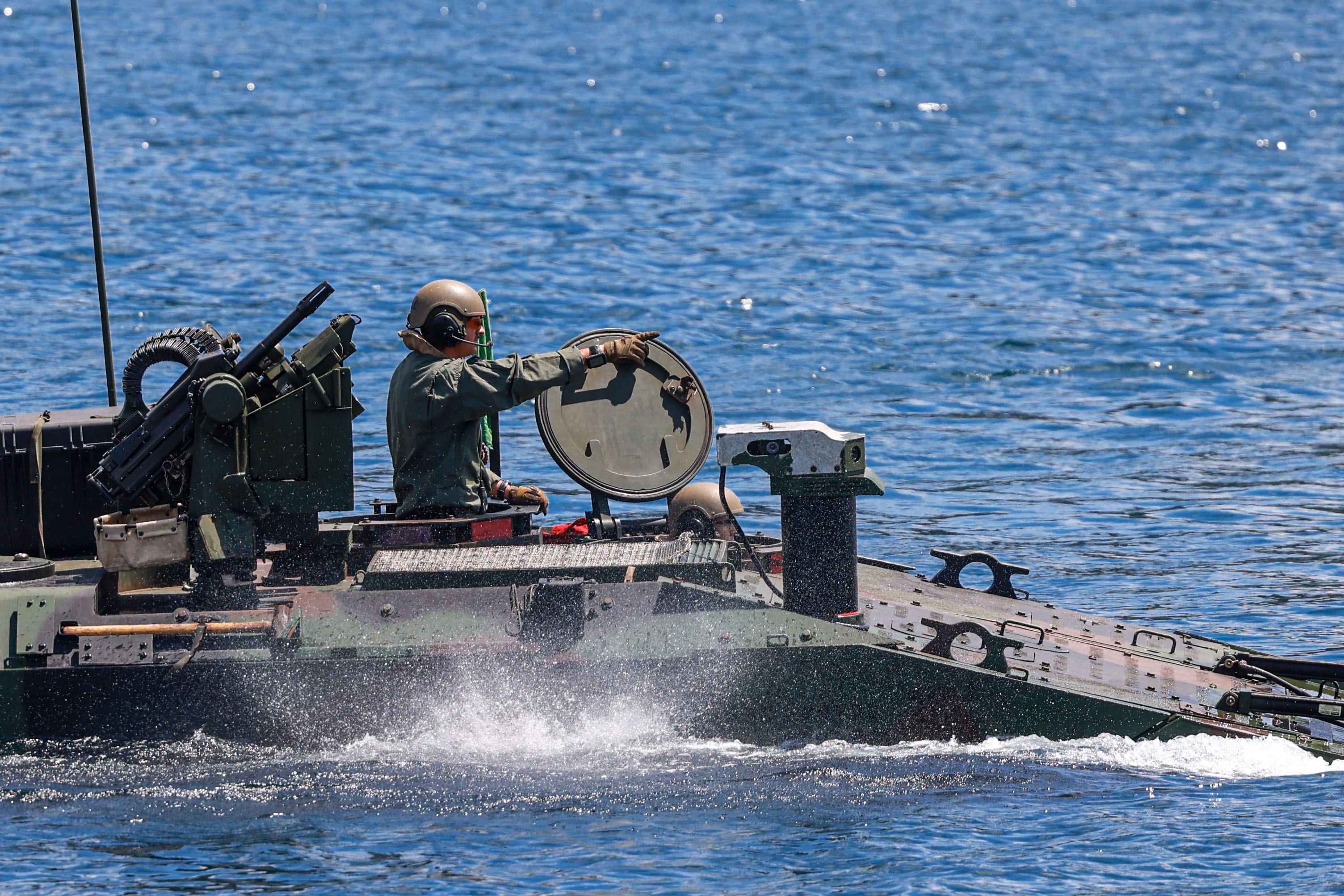In a recent incident in the South China Sea, Washington reiterated its commitment to the Philippines following a collision between Chinese and Philippine coast guard ships. This clash occurred near the contested Spratly Islands, prompting the U.S. to remind Beijing of its Mutual Defense Treaty with Manila, which has been in place for over 70 years.
U.S. State Department spokesperson Vedant Patel emphasized that Article IV of the 1951 treaty applies to armed attacks on Philippine military forces and public vessels, including the Coast Guard, anywhere in the South China Sea. Patel affirmed that the U.S. stands firmly with its ally, condemning China’s actions and urging adherence to international law.
The collision involved the Chinese coast guard intercepting two Philippine Coast Guard vessels near Sabina Shoal, located about 86 miles from Palawan and within the Philippines’ recognized exclusive economic zone. Patel accused China of causing damage and jeopardizing crew safety during the incident.

Corp. Aidan Hekker/U.S. Marine Corps
In response, Chinese officials labeled Sabina Shoal as Chinese territory and claimed that the Philippines was responsible for the collision. This ongoing dispute has been exacerbated by China’s recent military presence in the area, including deploying its largest coast guard ship and increasing numbers from its maritime militia.
Ray Powell from Stanford University noted that this incident marks a new chapter in the territorial tensions between China and the Philippines. Accusations continue to fly between the two sides, with Manila asserting that the Chinese ships engaged in reckless maneuvers.
This clash is just one in a series of previous confrontations, including dangerous encounters and confrontational tactics over the past year that have raised concerns about a potential escalation between U.S. and Chinese forces, especially given Philippine President Ferdinand Marcos Jr.’s statement on possible red lines stemming from these disputes.
